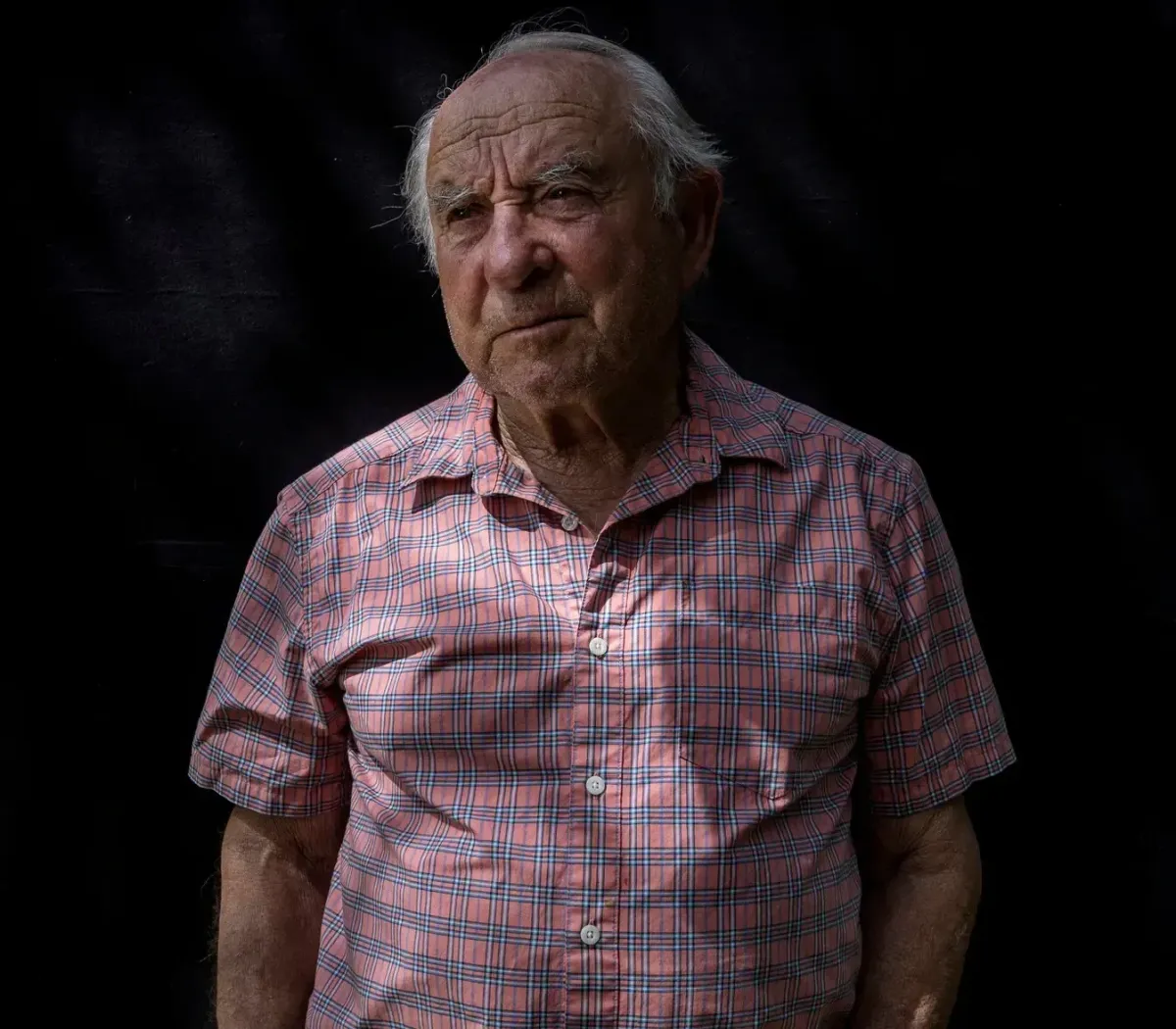Patagonia billionaire gives away the company for climate change

A half century after founding the outdoor apparel maker Patagonia, Yvon Chouinard, the eccentric rock climber who became a reluctant billionaire with his unconventional spin on capitalism, has given the company away. Rather than selling the company or taking it public, Mr. Chouinard, his wife and two adult children have transferred their ownership of Patagonia, valued at about $3 billion, to a specially designed trust and a nonprofit organization. Both were created to preserve the company’s independence and ensure that all of its profits — some $100 million a year — are used to combat climate change.
Some WFH employees have a secret: They now live in another country
Daniel dislikes video calls with the boss. That’s understandable, because Daniel is hiding a big secret: He doesn’t live in Birmingham, England, like his entire company believes that he does. In reality, for the past two years, he has been living 5,600 miles away—in Chiangmai, Thailand. Considering the many differences between the two countries, the on-camera meetings can be more than a little difficult to navigate. For one thing, it’s often night in one country when it’s day time in the other, just as it’s often cold in Birmingham and hot in Thailand. Hiding the truth becomes even harder during extreme weather events in Thailand. “It's difficult when there's a tropical thunderstorm outside,” Daniel admitted.

This African queen had an all-female army
The origin story of the Dahomey women warriors is that the group was formed at the behest of Queen Hangbe, daughter of Houegbadja, who rose to power after her twin brother Akaba died under mysterious circumstances in the early 1700s. The fact that Hangbe amassed a squadron of women willing to die protecting her was an impressive feat in the patriarchal Dahomey society. “(They) were renowned for their zeal and ferocity. The most fearsome were armed with rifles. There were also archers, hunters and spies," Torild Skard writes. "They exercised regularly to be physically and mentally fit for combat. They sang, ‘Men, men stay! May the men stay! May they raise corn and grow palm trees … We go to war.’"

Customs officials have copied Americans’ phone data at massive scale
Government officials are adding data from as many as 10,000 electronic devices each year to a massive database they’ve compiled from cellphones, iPads and computers seized from travelers at the country’s airports, seaports and border crossings, leaders of Customs and Border Protection told congressional staff in a briefing this summer. The rapid expansion of the database and the ability of 2,700 CBP officers to access it without a warrant have raised alarms in Congress about what use the government has made of the information, much of which is captured from people not suspected of any crime. CBP officials told congressional staff the data is maintained for 15 years.

Men are paying as much as $100,000 to have their legs lengthened
John is in his mid-40s and stands five feet eleven and a half. He’s in town to see his orthopedic surgeon, having arrived last night from Harrisburg, Pennsylvania, where he works as a network engineer for the government. He almost missed his flight and was in such a rush he forgot to bring the crutches he’s supposed to be using. That John is on his feet at all is impressive, considering that only eight months prior, he was five feet eight and a half. Back in September, he paid $75,000 for the agonizing privilege of having his legs surgically lengthened. That entailed having both his femurs broken, and adjustable metal nails inserted down their centers. The nails were extended one millimeter every day for about 90 days via a magnetic remote control. Ta-da: a newer, taller John.

This isolated island is often capped by its very own fluffy cloud
Litla Dimun is the smallest of the Faroe Islands’ 18 main islands. But though it may be tiny, the islet still has the power to influence the atmosphere. A lenticular cloud often drapes over it like a wet, vapory blanket. These stationary clouds typically form over mountain peaks or other protruding landmasses. Lítla Dímun’s lenticular hovers above its top, occasionally spilling down over the verdant land as it reaches toward the cold sea. Of the Faroe Islands’ main islands, the little landmass is the only one that remains uninhabited by humans. But people do visit the island. For centuries, Faroese farmers have made the precarious journey to Lítla Dímun to tend to the creatures who rule the islet: its sheep.

Video shows the effects of G-forces in a jet
«From grandma to young woman». The effects of the g-forces on a human are mostly visible here in the facial muscles and in the temporary change of aspect, but they actually do much more [read more: https://t.co/rikFnh01UM] [source: https://t.co/VZHdEiXsxk] pic.twitter.com/t4wWCb5KXH
— Massimo (@Rainmaker1973) September 15, 2022



